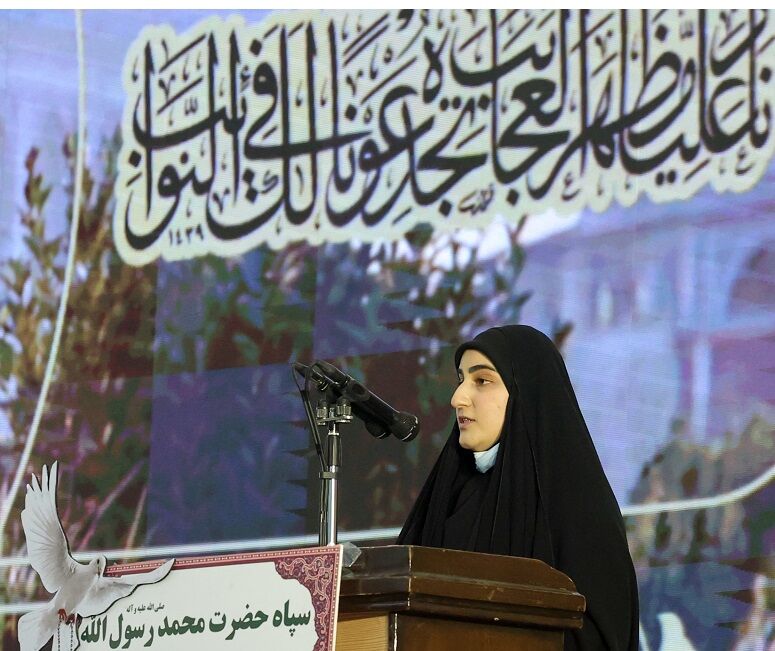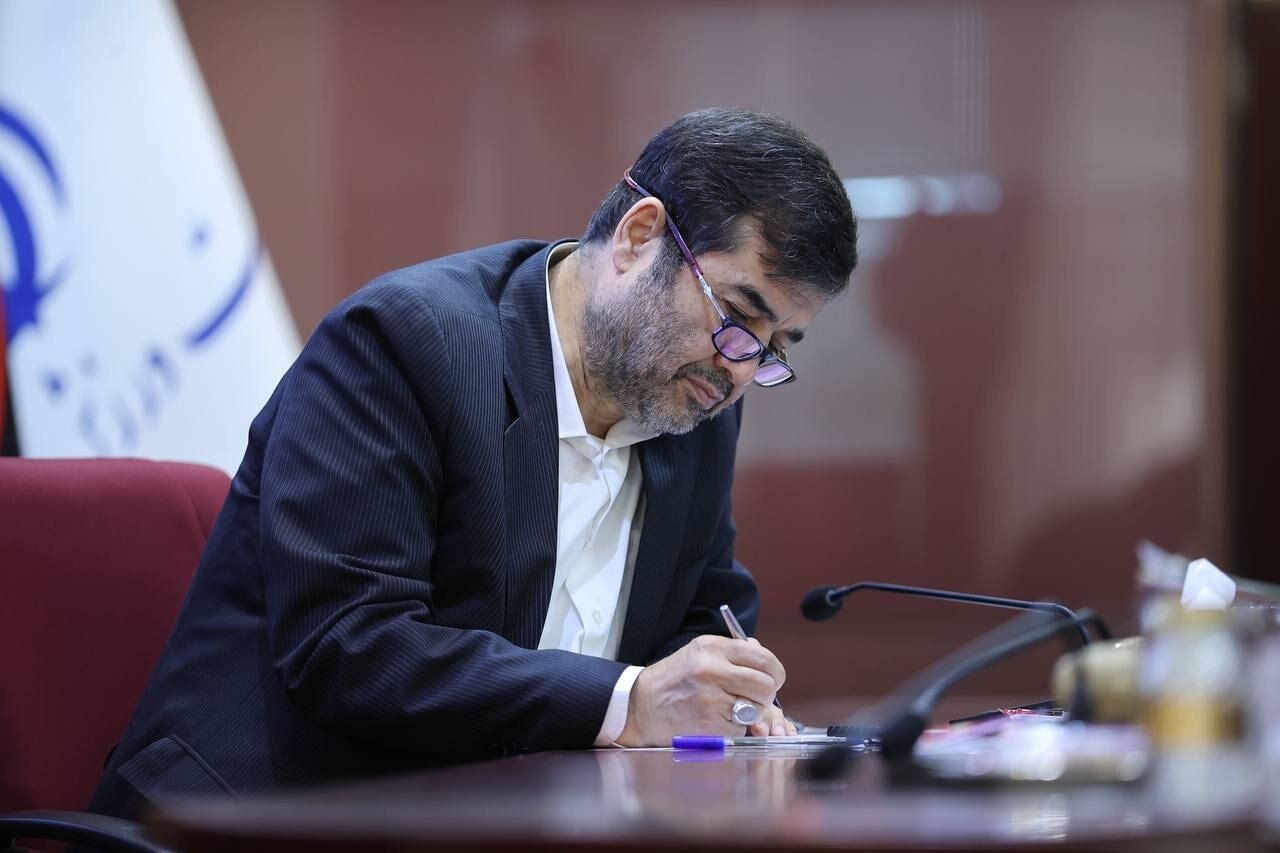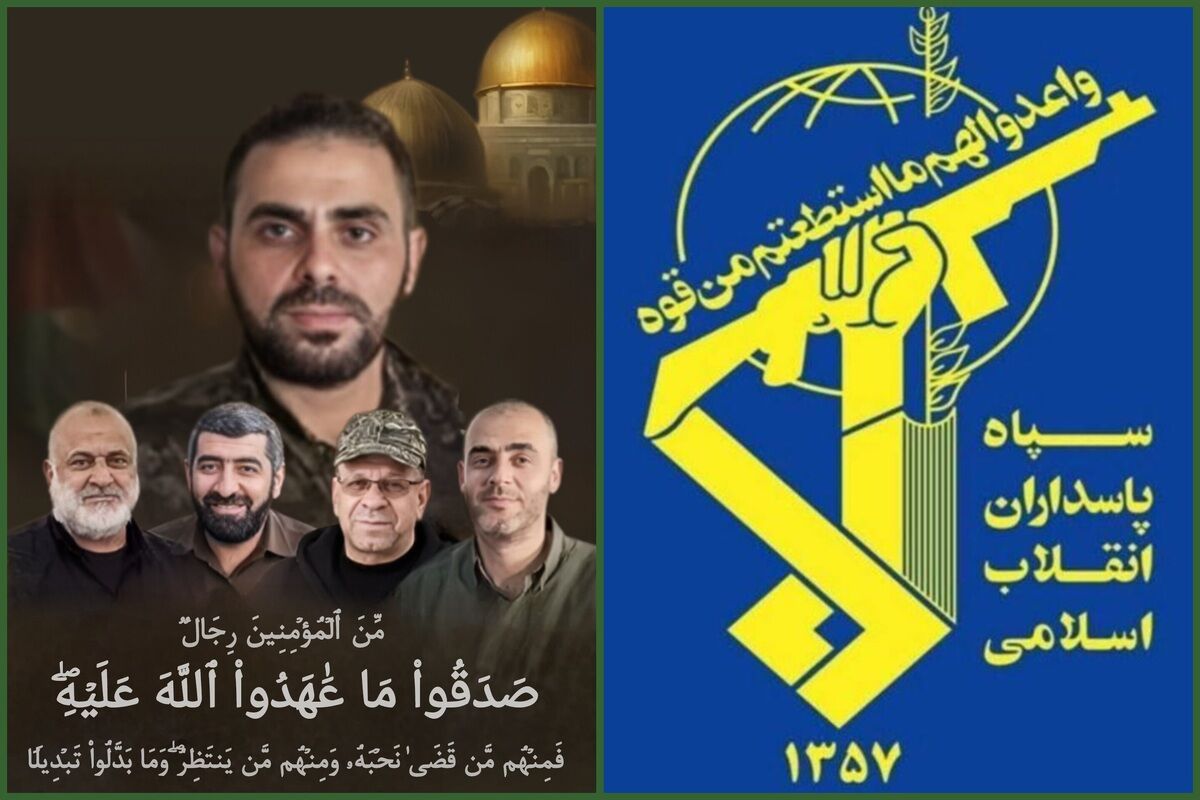Palestinians greet Gaza deal with promise to never abandon their homeland
Palestinians greet Gaza deal with promise to never abandon their homeland

In the Gaza Strip, the sound of buzzing Israeli drones is, for once, mingled with cheers, as Palestinians hear that a ceasefire agreement has been reached and is set to take effect within hours.
After two years of Israel's genocidal war on Gaza, US President Donald Trump announced on Wednesday night that a ceasefire had been agreed upon by Israel and Hamas.
Bashar Hamed, a 24-year-old man displaced from northern Gaza's Beit Hanoun, told Middle East Eye that he was overjoyed with the news of the truce coming into effect.
"I swear to God, we have been happy since this morning, and we are just waiting for the moment. God willing, the deal begins. We just want to go back to our homes,” he said.
The last Gaza ceasefire began in January, allowing Palestinians to return to areas they had been expelled from until Israel unilaterally violated the truce in March. Hamed said there is fear that the war will restart again, like with the last ceasefire.
Eyad al-Jeish, who has also been displaced from the north, shared similar worries: “I'm happy. I would be lying if I said I wasn’t. But at the same time, I am scared… I fear that the war will restart.”
“I can’t just take my family and head north,” he told MEE.
“Israel, especially Netanyahu, sees nothing in its way. There is nothing that restricts them, and based on that, the fear will remain a reality… It’s revenge for Israel, nothing else besides that.”
Despite that, Jeish is adamant that he and his fellow Palestinians will not be forced from Gaza and will rebuild the enclave - breathing life into it once again.
“I will return and rebuild. Even our presence as Palestinian people and people of the Gaza Strip breathes inhabited life into our homes and neighbourhoods, even if none of the buildings are still standing," he said.
“Me, Eyad, personally, my whole life is the Gaza Strip, even in death," he added, saying they belong together as olives belong with zaatar.
Hopes and dreams
While he knows that returning to Beit Hanoun will be nearly impossible immediately, Hamed hopes to see it soon nonetheless. He is currently in Nuseirat, in the central Gaza Strip, and is struggling to find suitable accommodation.
“As soon as the crossings are open, I’m going to be riding around on my bicycle in search of a better place for my family,” he said.
Once a professional footballer, Hamed has had to work odd jobs during the war in order to provide for his family.
“Now there is no longer football,” he lamented. “These dreams, if someone is not working towards them, they fall apart. But I haven’t forgotten it at all," he added.
“I am still 24 years old. I haven’t lost what I worked towards for football. My body is still the same, and my aspirations are still there. I was just telling my mother and father this morning that God willing, this ends so that I can go back to playing.”
Two years ago, Itidal Abu Halima was displaced from the Zeitoun neighbourhood of Gaza's Old City.
“We went out of our homes after the [Israelis] were firing missiles at us. We left with nothing,” the 13-year-old told MEE.
She can't wait to return home and see her friends and family - though she has no idea what awaits her in her neighbourhood.
Abu Halima has been displaced several times over the genocide, and her schooling has been totally disrupted.
“We love studying and we love school. We wish those days would come back, we miss it,” she said.
Almost all of Gaza's 2.2 million population have been displaced at least once during the genocide.
Um Samer al-Nzeih, from northern Gaza's Tuffah, has been forced to flee seven times in two years.
“We didn’t think [the displacement] would last this long,” she said. “My entire street, from the beginning until the end, has been completely wiped out.”
Yet throughout her repeated hardships and Israeli attempts to force Palestinians to foreign lands, Nzeih's commitment to Gaza never faltered - a steadfastness shared with everyone in the devastated Palestinian enclave.
“I would rather die on my land than travel outside, even if it's just for a day,” she said.











